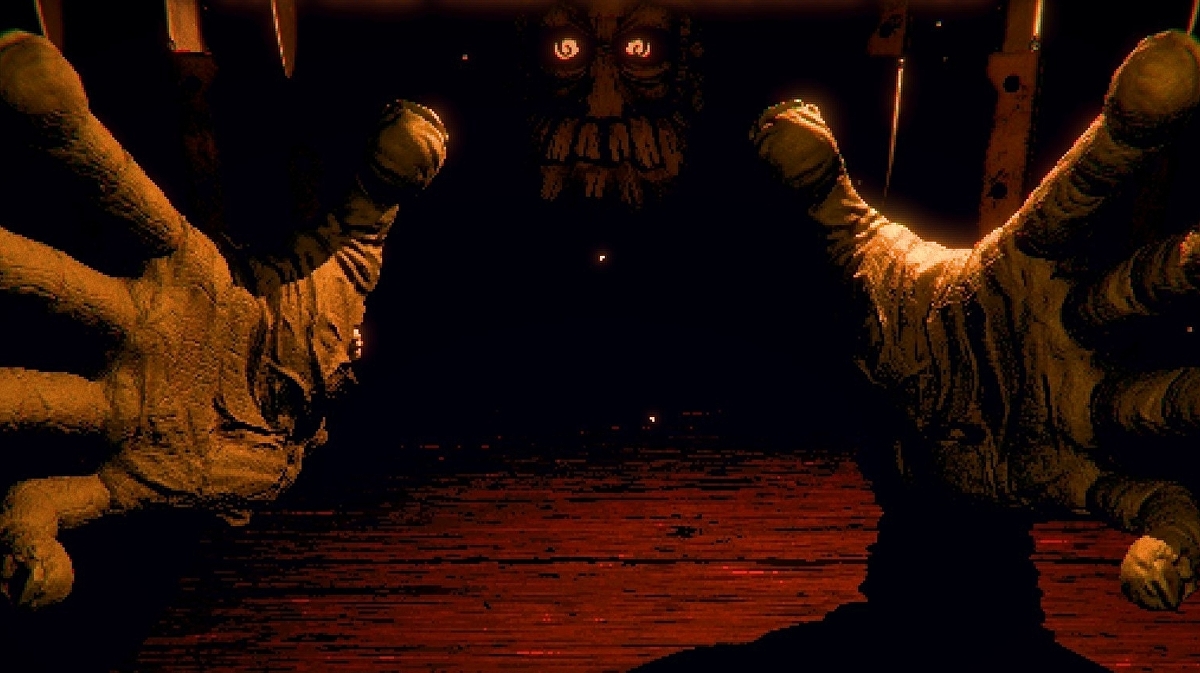MAJOR SPOILERS FOR INSCRYPTION
So, I recently picked up Inscryption, and the game’s a blast. In some ways playing it feels like when I first discovered Slay the Spire. And in other ways, it feels like this game knows how to make a narrative that speaks about meta commentary, about deckbuilding card games, and about games in general. To start, the game very quickly lets you know more is going on than just a regular deckbuilding roguelike. For a start, some of the cards talk to you, and tell you what to do. Further, very quickly on, the game does something that really messes with traditional deck builders – it lets you stand up and explore the room you’re in. Oh yeah and at some point the game lets you know you’re actually a real YouTuber who unboxes cards for a living (and is called Luke Carder to really hit you over the head with it) and you’re watching a recording of him playing a game that he discovered in his backyard. Its a lot, and there’s so many layers of game within game within game.
Yet perhaps the metagame that stuck out to me was the very fact that the player doesn’t have to discover all of this extra game. In fact, the player never has to leave the game, or discover that in fact you’re in a simulation created by one of the other characters in the actual original game. The player could just choose to play this as a deckbuilding roguelike, and never continue to find out the ending where the game gets “deleted” and all the characters decide they’ve had enough of this endless cycle where they just kill the player over and over. In those final moments, a character turns to you and says that you don’t have to continue. You don’t have to kill them all. But they know you will, because you want to find out what this game is all about. Just like in Save the Date, this speaks to the idea that characters in a game don’t exist without us playing the game. A metagame can analyze a lot of things about games, but these games choose to ask the player why do they play a game? Is it just to find out the end, no matter how bitter that end is? (the ending of Inscryption is literally Luke Carder dying and that’s when you realize you’ve been watching a playback of the events that led to his death) I think Save the Date said it best: if all your choices are bad ones, then you either have to pick one anyway… or stop playing by the game’s rules. Sometimes the best way to win the game is to simply stop – then you get to pick the ending you want.
(Side note: Inscryption at some point actively reads your computer’s data, and presents your files to you as cards, and you have to face your Steam friends as opposing cards. This doesn’t have anything to do with this specific review but I can’t get that concept out of my head, so I just wanted to say it, and if you guys had something to say about that I’d love to hear it)

